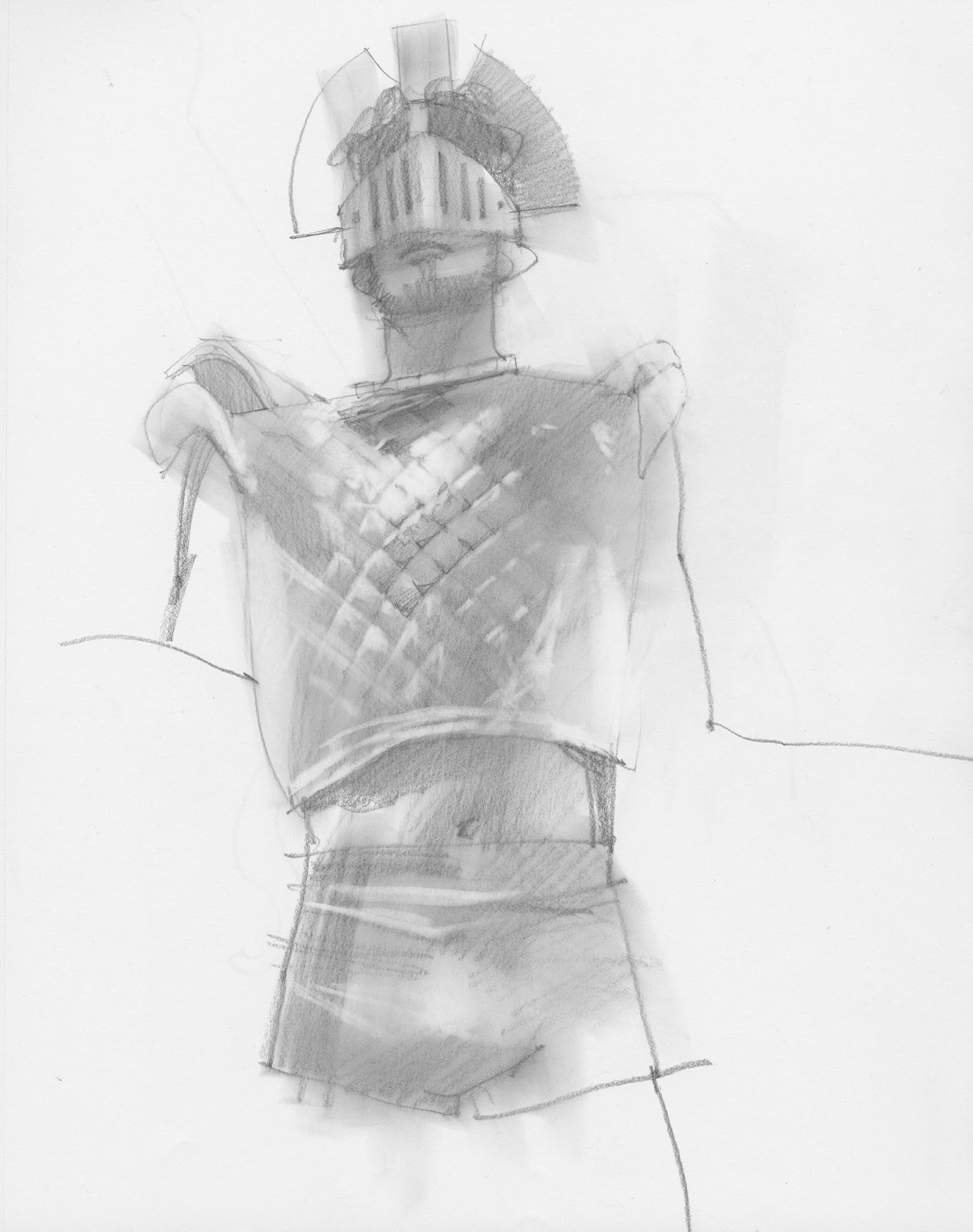Over the years, I’ve been asked by students and young artists breaking into the illustration market if it’s necessary to have an agent. My answers have always been enthusiastic about having a rep because most of my experiences have been positive.
Having an agent is completely up to you and is neither right or wrong. It’s good experience and excellent practice to show your work around to agents. It’ll give you a better chance to get open opinions about your book that isn’t from someone just being polite, or even scarier, a potential client.
If you do happen to find one you like, then the points below will definitely put you in the right state of mind.
1. Have one or don’t.
You don’t really need one. Especially in today’s internet-based arena. But having a rep can add a greater dimension to your work. They can see more applications for your work than you can. They’ve had more experience at this, and usually, if you have an aware one, they want to try new areas.
2. Do not allow them a percentage of everything.
Get this straight: never allow a rep to take a percentage of all of the work you create. They can get greedy about it, and eventually this leads to misunderstandings. They can have a percentage of the work they bring in, but not of your entire life. Be open and clear about this up front.
3. You are part of a team.
Work with the rep. Don’t expect them to just work for you. No one will ever be as driven to push your portfolio as you are.
4. Feed them new work.
Always keep fresh work coming to them. They can get this up on the website and social media so you can stay current. This means conceptually as well. It’s also up to you to provide new suggestions about where you can take your abilities.
5. Listen and be open.
Many times I have listened to a rep when I wasn’t sure that they made sense or even if I wasn’t sure about the results. They tend to think creatively too, and it’s great when you both are working for a common goal.
6. Be available.
There are many jobs out there that are riding on critical deadlines and the rep may need to hear back from you as soon as possible. Be available whenever they call. If you can’t return a call or message, let them know that immediately.
7. Hit your marks, meet your deadlines.
Do all the preplanning you need, take time away, make appointments, etc. But never miss deadlines. Once you gain the reputation that you miss deadlines, you can’t rectify it. Honestly, if you’re that guy, you make it hard for all the rest in the field.
8. Advertise.
When an agent feels it’s good to spend money to advertise, listen to them. Work out a way to always keep your advertising current. Personal websites are not advertising. They are portfolios online. Get your work seen next to others. A rep should want to advertise. If they don’t, something’s wrong.
9. Hold them responsible.
Do not allow an agent to go soft on selling your work. Always ask to have your work out in front. They are as responsible as you are in the relationship to push your work.
10. Contracts shouldn’t be necessary.
If you’ve done your research and discussed things with a potential agent, you should get a clear feeling of how your personalities blend. This is probably more important than anything. Do you think you can get along in a pinch? Do you think they would be fair or technical in resolving problems?
Over the course of my career, it’s never been important to have a written contract with an agent. It’s always been a handshake and a verbal agreement to hold up my end of the deal.
11. Keep percentages reasonable.
Hollywood agents get about 10%. Literary agents get 10-15%. The normal rate an illustration rep asks for is 25%. Some ask for 30% but they’d better have the track record and stellar performance to demand that much.
Never let any art agent ask for 35%. Walk away.







Awesome tips! I have been thinking about jumping in and getting an agent recently. I'd love to see a future article tackling how to go about getting an agent. I am unsure about a lot of things, having tailored my portfolio to the fantasy game industry so long. I am not sure how to prepare the portfolio specifically for agents, what agents look for in your work, if they would prefer your work be sorted by style, subject matter or end use (publishing, editorials, book covers, ect)?
I appreciate the material you covered here, answers a lot of other questions I had as well!